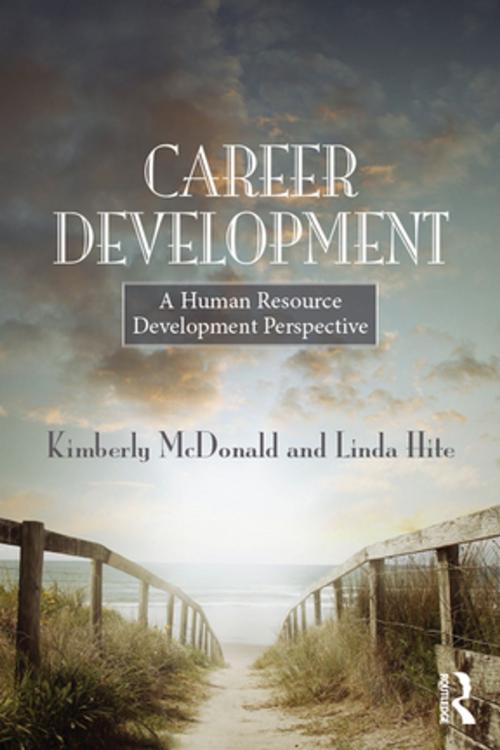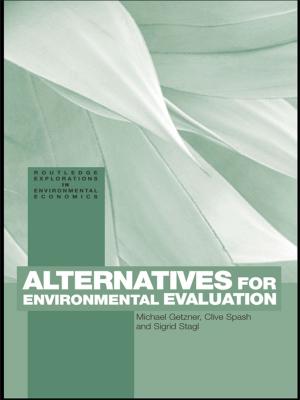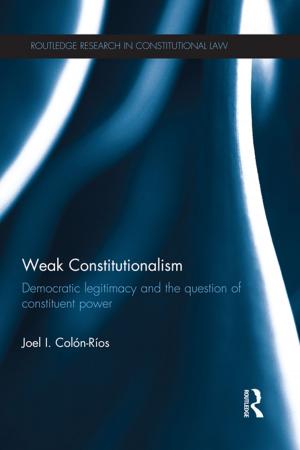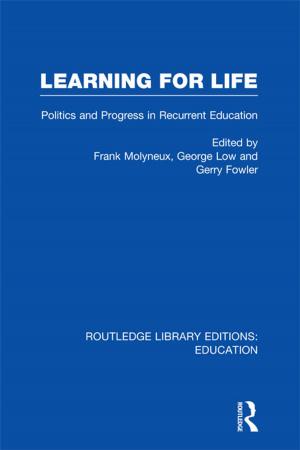Career Development
A human resource development perspective
Business & Finance, Career Planning & Job Hunting, Labor, Careers, Human Resources & Personnel Management| Author: | Kimberly McDonald, Linda Hite | ISBN: | 9781317663331 |
| Publisher: | Taylor and Francis | Publication: | December 22, 2015 |
| Imprint: | Routledge | Language: | English |
| Author: | Kimberly McDonald, Linda Hite |
| ISBN: | 9781317663331 |
| Publisher: | Taylor and Francis |
| Publication: | December 22, 2015 |
| Imprint: | Routledge |
| Language: | English |
Career Development: A Human Resource Development Perspective offers a strategic framework that demonstrates the role of career development within the human resource function. It goes beyond conventional interventions and includes key topics such as diversity, work–life balance, and ethics.
Historically, the career development literature has been viewed either from the perspective of the individual (how to build a career) or from an economic perspective (how an organization benefits from developing employees). In this book, McDonald and Hite bring together the strengths of both traditions, offering an integrated framework for career development. The theoretical foundation expands on the counseling literature by incorporating the literature from human resource development and related fields. The application section reflects on the wide range of ages and working options that characterize the current and future workplace. The final section of the book addresses career development issues such as managing a diverse, global workforce; ethics; and work–life balance.
This book will help prepare human resource development students, scholars, and practitioners to develop and maintain successful career development programs, and to foster more innovative research that advances the discourse.
Career Development: A Human Resource Development Perspective offers a strategic framework that demonstrates the role of career development within the human resource function. It goes beyond conventional interventions and includes key topics such as diversity, work–life balance, and ethics.
Historically, the career development literature has been viewed either from the perspective of the individual (how to build a career) or from an economic perspective (how an organization benefits from developing employees). In this book, McDonald and Hite bring together the strengths of both traditions, offering an integrated framework for career development. The theoretical foundation expands on the counseling literature by incorporating the literature from human resource development and related fields. The application section reflects on the wide range of ages and working options that characterize the current and future workplace. The final section of the book addresses career development issues such as managing a diverse, global workforce; ethics; and work–life balance.
This book will help prepare human resource development students, scholars, and practitioners to develop and maintain successful career development programs, and to foster more innovative research that advances the discourse.















